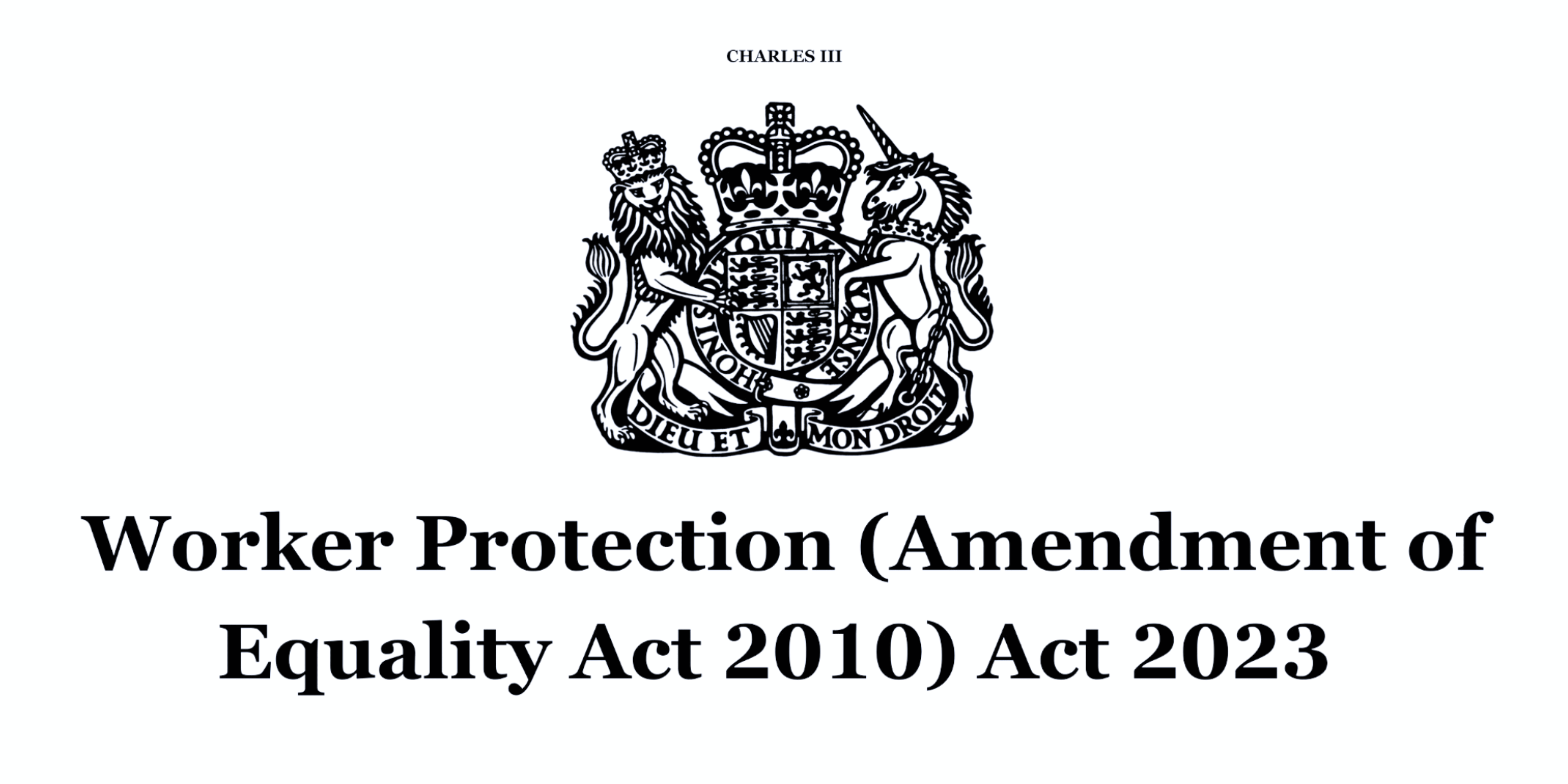


The Worker Protection Act 2023 represents a major shift in UK employment law, significantly enhancing the responsibilities of employers when it comes to preventing sexual harassment in the workplace. As an amendment to the Equality Act 2010, this new piece of legislation is set to come into force on 26 October 2024, and it will require employers to take a far more proactive role in safeguarding their employees.
Under current legislation, employers are not legally bound to take “reasonable steps” to prevent sexual harassment; it has merely been considered good practice. However, the Worker Protection Act introduces a much higher standard, compelling employers to actively protect their workforce from harassment. This means businesses will have to be more vigilant, adopt preventative measures, and ensure a safe working environment at all times.
One of the most significant changes introduced by the Act is the extension of employer obligations to cover third-party harassment. In other words, employers will now need to protect their employees not just from harassment by colleagues, but also from clients, candidates, suppliers, and other third parties.
Employers who fail to take appropriate steps could face serious consequences. If found in breach of this legislation, the compensation awarded to an employee in an Employment Tribunal could be increased by up to 25%. This places a substantial financial and reputational risk on businesses that do not comply with the new standards.
The final guidance makes clear that what is considered ‘reasonable’ will vary from employer to employer and that each situation may vary. And whilst the draft guidance factors in the size, resources, sector and working environment of the employer, there are now more factors to consider when determining what is reasonable. These include the impact of taking a particular step against the possible benefit and/or whether steps taken by the employer in previous cases appear to have been effective.,In any case we know that the onus is on the employer to be more proactive in implementing comprehensive policies, conducting regular training, and fostering a culture of respect and accountability.
To prepare for these upcoming changes, businesses should start by reviewing their current workplace policies and ensuring they are in line with the new obligations. Key actions might include:
With these changes on the horizon, it’s crucial for businesses to stay ahead of the curve. At Broster Buchanan, we understand how challenging it can be for employers to navigate new legal frameworks. We’re here to help businesses implement strategies that not only comply with legislation but also promote a healthier, more inclusive work environment.